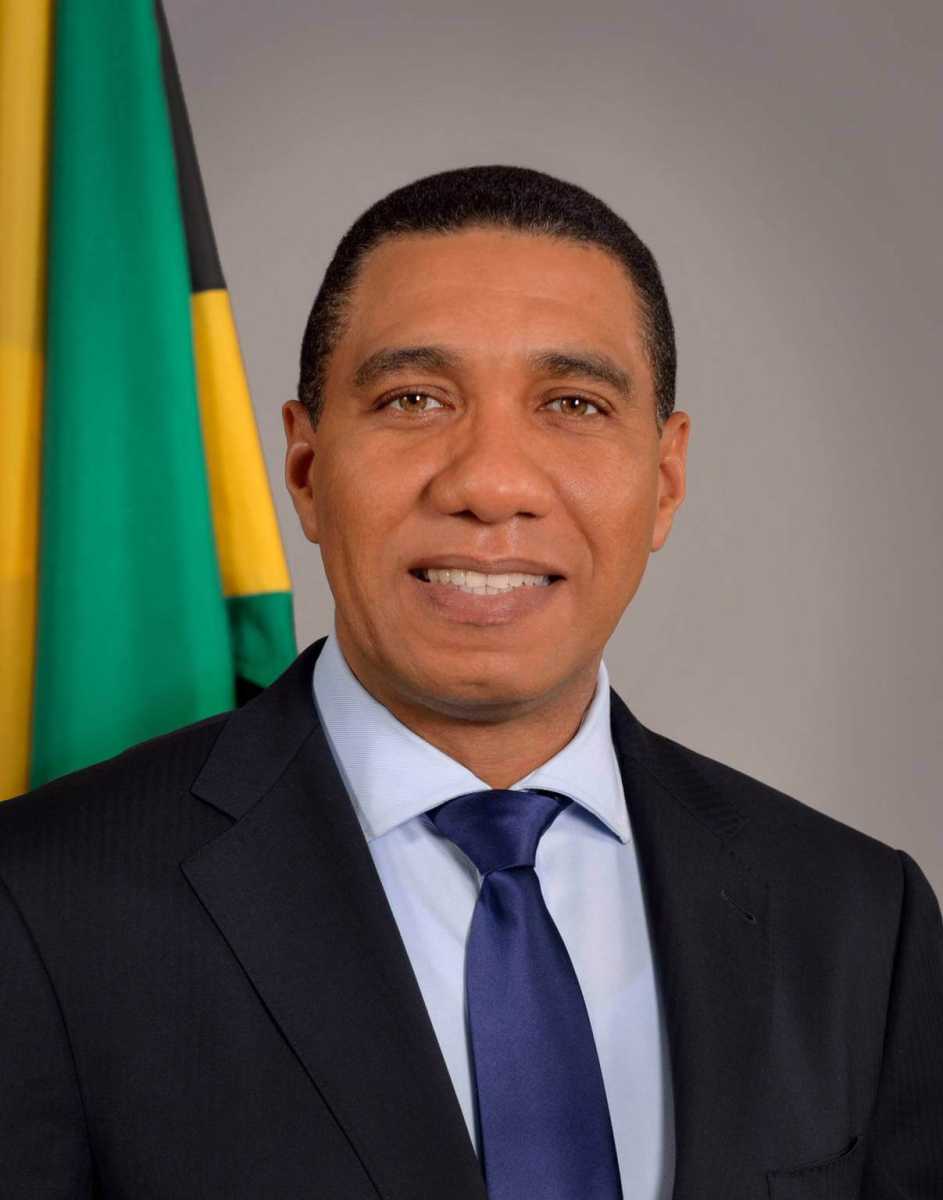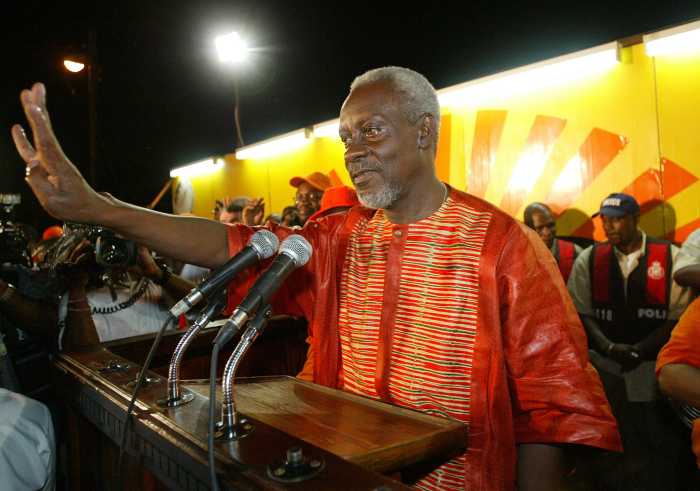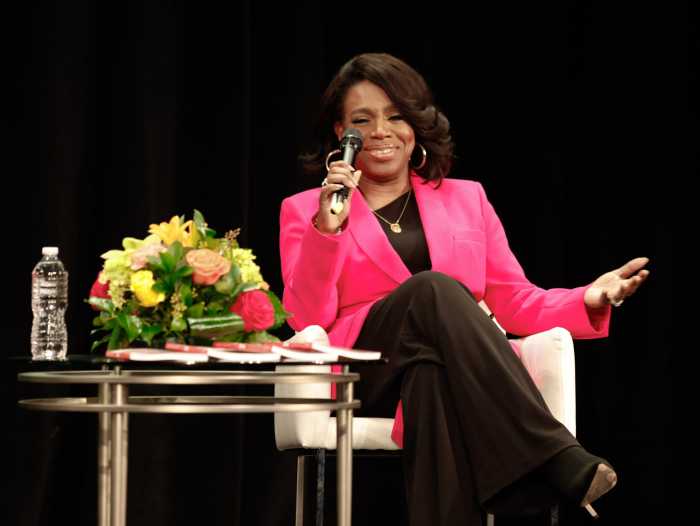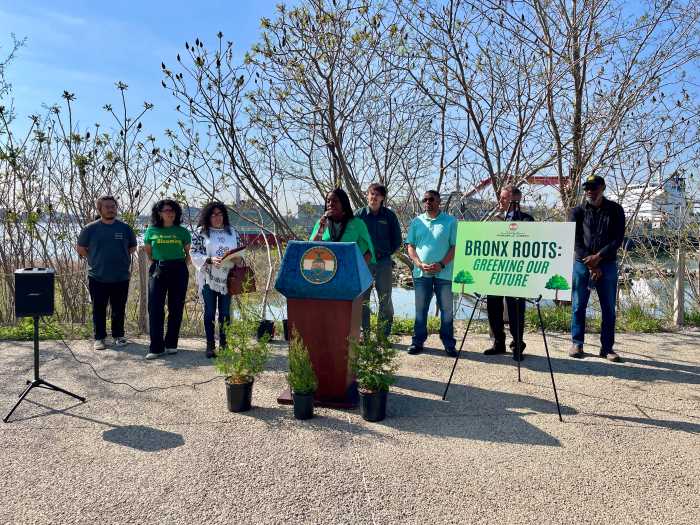A major row is developing in Jamaica as to whether the main opposition People’s National Party (PNP) is standing in the way of plans for an overhaul of the constitution that would allow probably the world’s most upstart island nation to switch to a republic, among other key changes.
The governing Jamaica Labor Party (JLP) has come out swinging, accusing the PNP of sabotaging national efforts for the overhaul despite its overwhelming support for the process in the past.
Minister of Legal Affairs, Marlene Malahoo Forte told parliament this week that the opposition has now moved the political goal post to link support for reform to other issues like Jamaica abandoning the British Privy Council as its final appeals court and signing on to the Trinidad-based Caribbean Court of Justice (CCJ).
“We consider it unfortunate that the parliamentary opposition is twinning accession to the appellate jurisdiction of the CCJ to the move to abolish the constitutional monarchy and establish the republic of Jamaica. I thought that when they said that we should complete the move that they meant it, but clearly it was plain talk. Plain talk,” the minister said.
Clearly inspired by the late 2021 move by fellow CARICOM bloc member nation, Barbados, to remove the British monarch as its head of state, appoint a native as president and switch for a mere independent nation to a republic, Jamaican authorities began planning their move in earnest, arguing that the time had long passed to do so.
Prime Minister Andrew Holness even told visiting British Prince William and his wife that Jamaica ”is moving on” to become a republic as national support and fervor for the move soared in the wake of Barbados’ seamless switch which was broadcast live globally.
In the latest debate over the island of just over three million people becoming a republic, the JLP is accusing the PNP of stalling on naming its representatives to the reform commission, but the PNP says the approach to such important changes should be wholesome and not in bits.
“On the main issue on the table, in terms of constitutional reform which is for Jamaica to move from being ruled with a head of state, if not governed by a monarch based in the UK to having a Jamaican head of state – a president – that as part of that process. We don’t do it in a piecemeal way, but we complete our decolonisation, achieve full sovereignty and political independence by moving away from the Privy Council as our final court and acceding to the jurisdiction of the CCJ as our final court,” Golding shot back. Golding even said he had written the minister mid last year and only received a reply in 2023.
Jamaica has since the 90s been debating a move to a republic. Of the 12 countries with British links in CARICOM, only Guyana, Trinidad, Dominica and Barbados are republics. A host of others including Antigua and The Bahamas have threatened to do so but have taken little or no steps.
Minister Malahoo Forte said as well that a referendum will be held early next year on republicanism and to deal with entrenched clauses in the constitution that cannot be dealt with in parliament.
“It will take nine to 12 months, ambitiously, to pass the bill, then amend the constitution to establish the republic of Jamaica. Some of what the opposition leader wishes to have discussed the committee was supposed to help us with. We are ready to go, and it is my hope that we will not be forced to go without the opposition, but we are ready to go,” she stated.



























